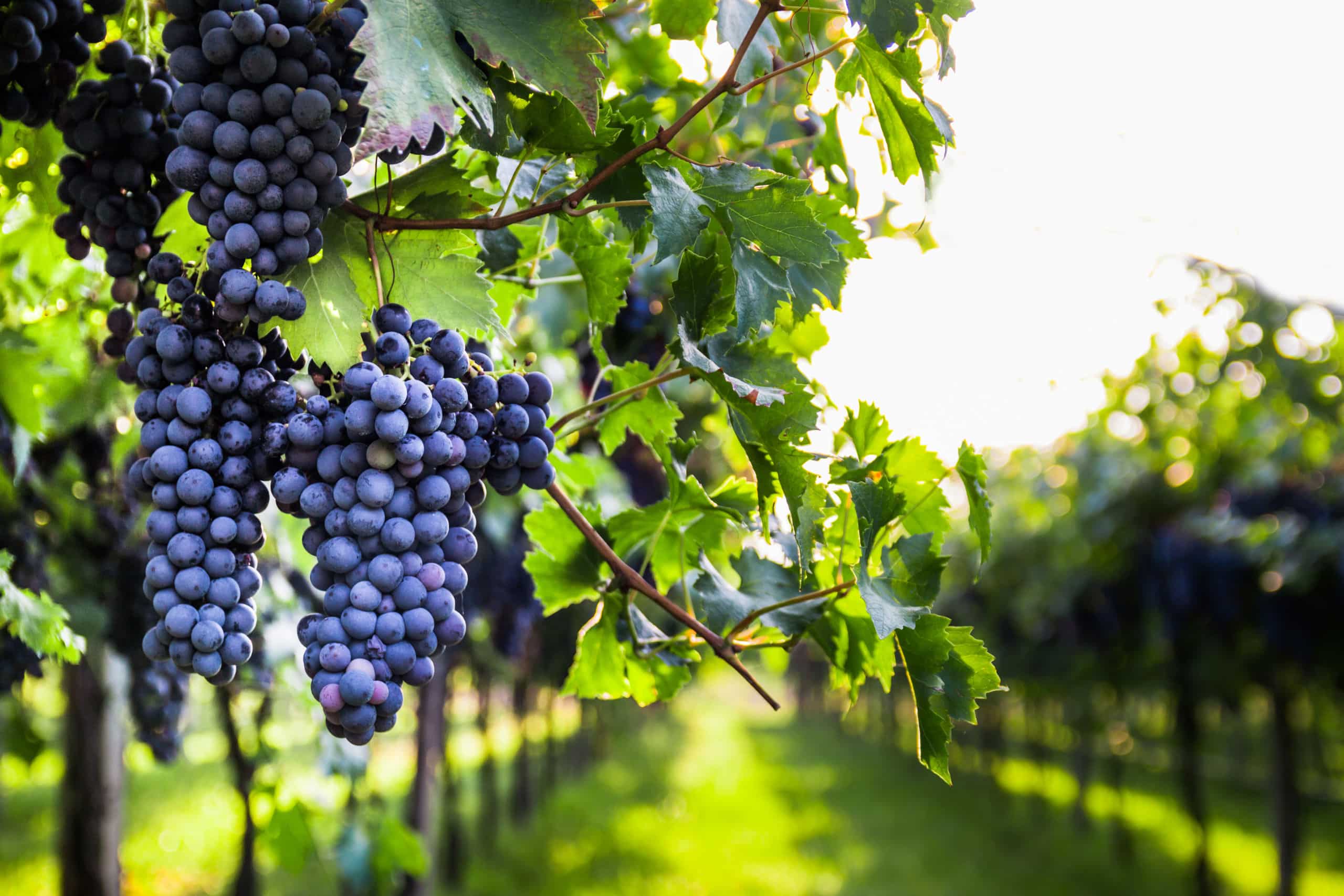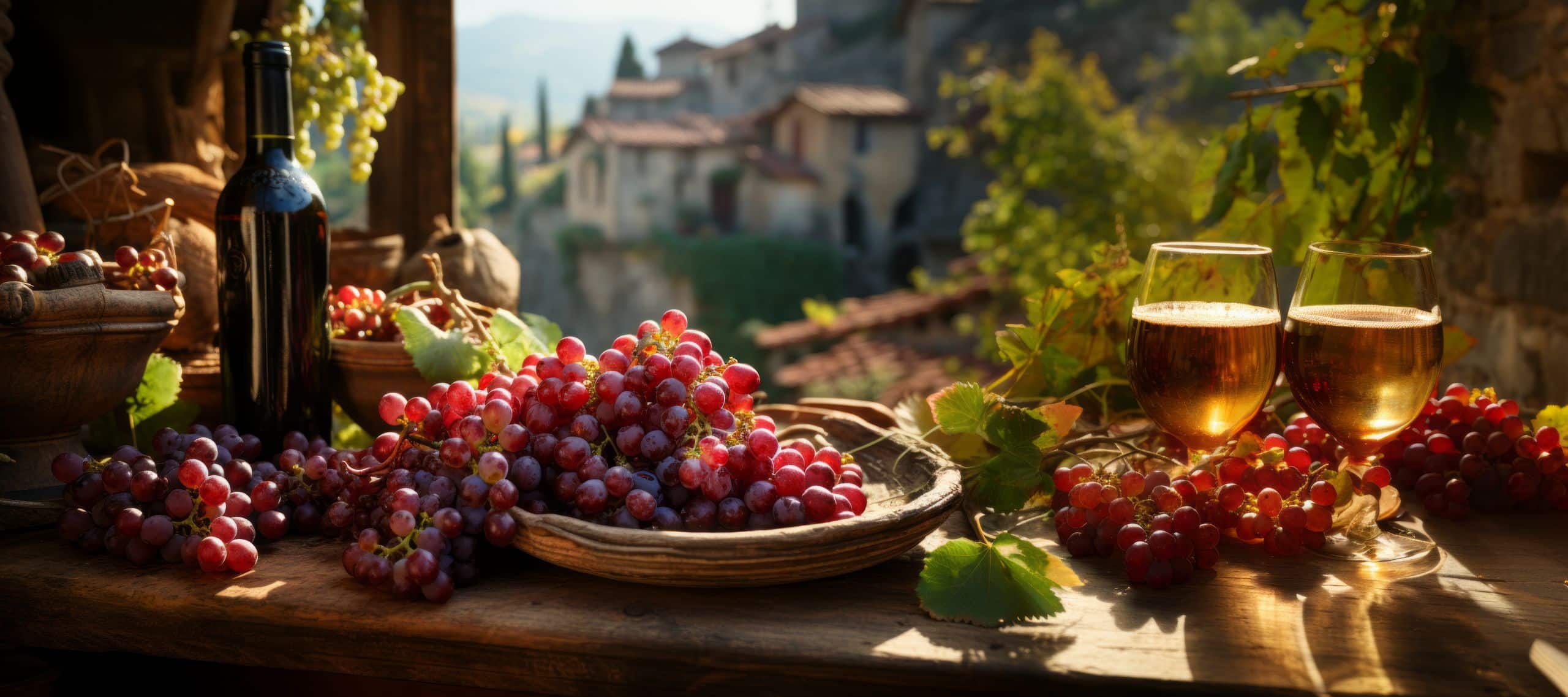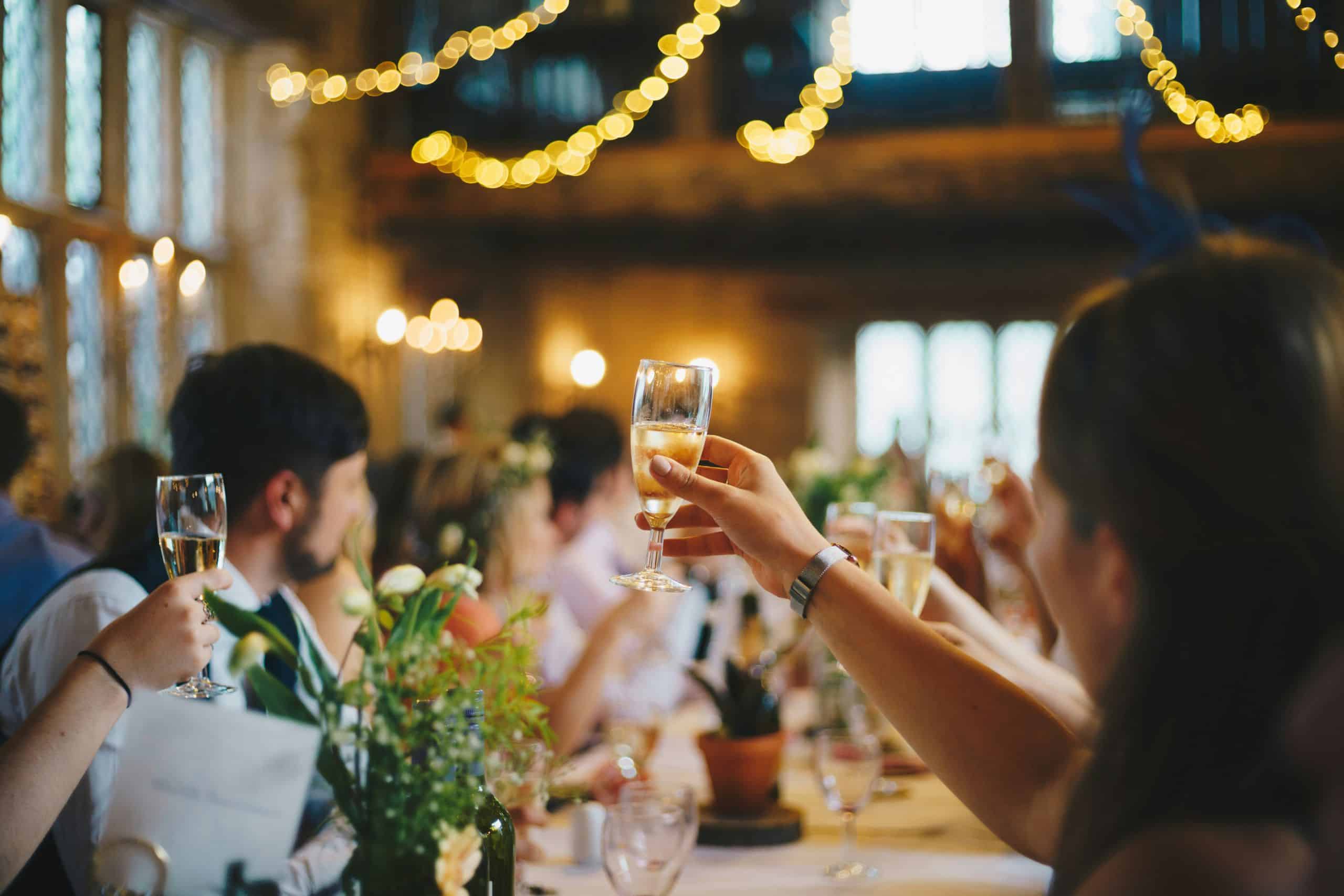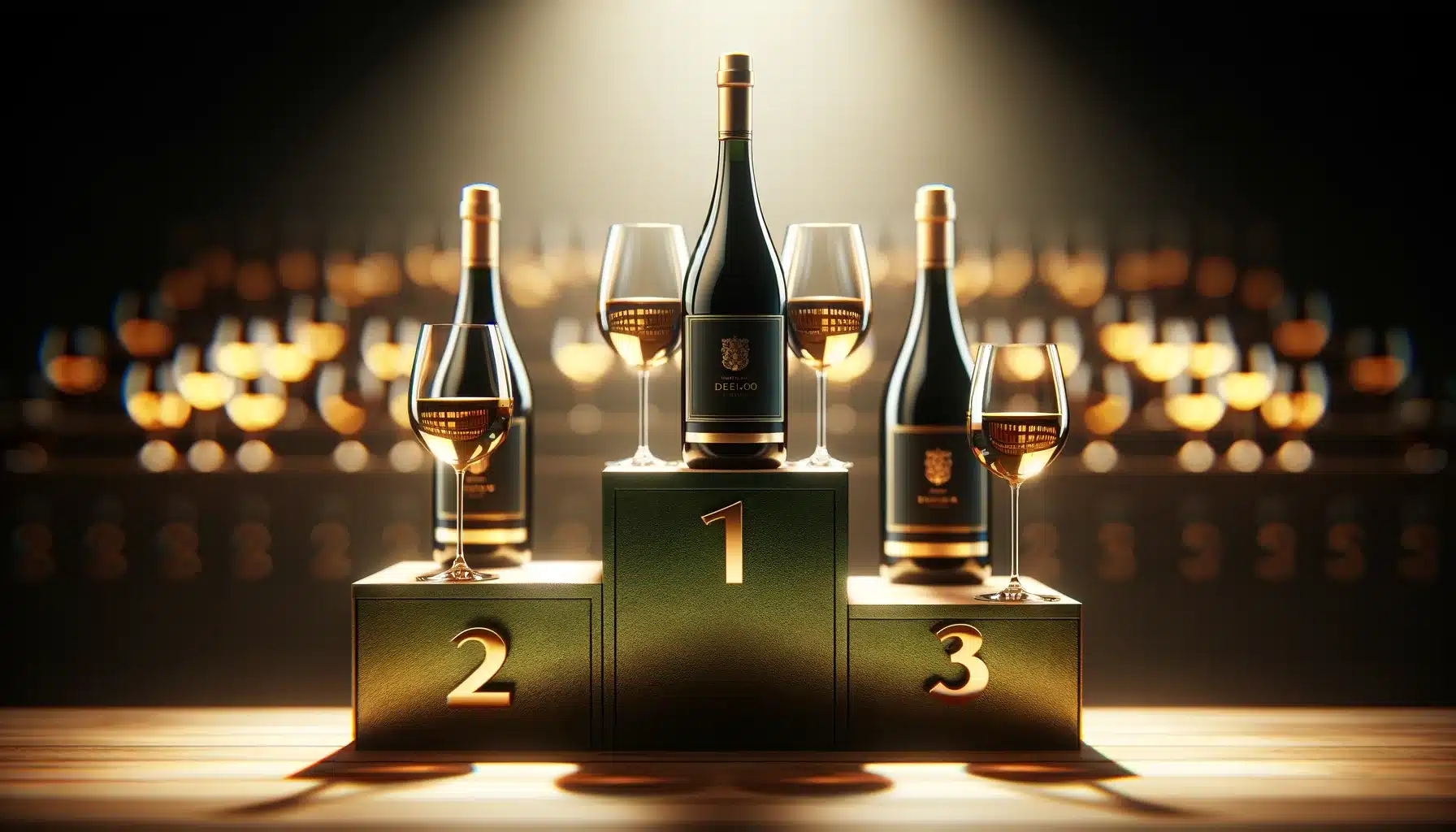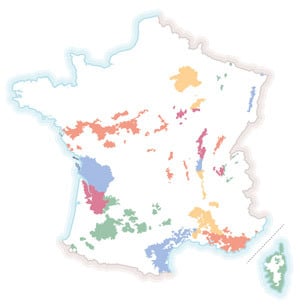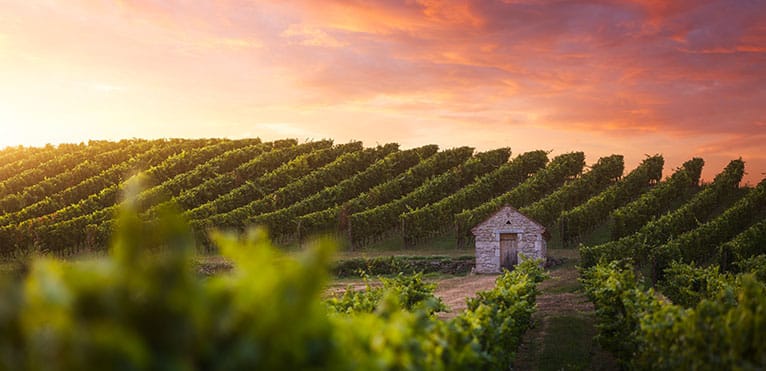
Contents
In recent years, a real change of dynamic seems to be taking place in French winegrowing regions, with a trend towards moderate (if not zero) use of phytosanitary inputs. Many estates have begun organic conversion, others have been organic for a long time, and High Environmental Value (HVE) certification is increasingly widespread… In this trend towards a return to the origins of the vine, we also find natural wines. What about Burgundy, a land of renowned wines?
What is natural wine?
First of all, let’s define natural wine. A natural wine is a wine to which no inputs are added during vinification (with one exception: a small dose of sulfur can be added, in very precise quantities). There isn’t really a certified label for natural wine, unlike “Agriculture Biologique” for wines from organic viticulture, or “Demeter” for biodynamic viticulture. At present, therefore, natural wines have no legal status, and are not governed by any legislation (either French or European). However, natural wines are often made from grapes grown using so-called “agroecological” methods: organic, biodynamic or integrated viticulture.
The Association des Vins Naturels can serve as a benchmark for understanding natural wines, thanks to the specifications it has created for these wines. According to the association, the following conditions must be met in order to adopt the “natural wine” designation:
- Grapes must be organically or biodynamically grown.
- Harvesting must be done by hand
- Only indigenous yeasts (= yeasts from a natural environment) should be used during fermentation.
- The use of brutal techniques for wine is prohibited (such as reverse osmosis, flash pasteurization, etc.).
- Do not use oenological inputs during vinification, with the exception of sulfur (= sulfites) in very small quantities.
Of course, not all winemakers producing natural wines belong to this association, but they all share a common philosophy of returning to the terroir.
Natural wines in Burgundy
In contrast to other regions that began the transition to organic and/or biodynamic viticulture very early on, Burgundy seems to be taking longer to move away from “conventional” viticulture practices. Yet many estates have become pioneers in this field, and others are gradually abandoning the use of phytosanitary inputs. As far as natural wines are concerned, three estates are leading the way: Domaine Prieuré-Roch, Domaine Dominique Derain (the emblem of natural wines in Burgundy, located in Saint Aubin) and Domaine Philippe Pacalet (based in Beaune).
There are also nuggets likeHenri de Villamont ‘s Cuvée Nature: an elegant, refreshing Savigny-lès-Beaune red. The white Mâcon-Peronne Le Chai de La Louve is an excellent choice, to pair with asparagus risotto or goat’s cheese.
Photo : Adobe Stock / Beboy
